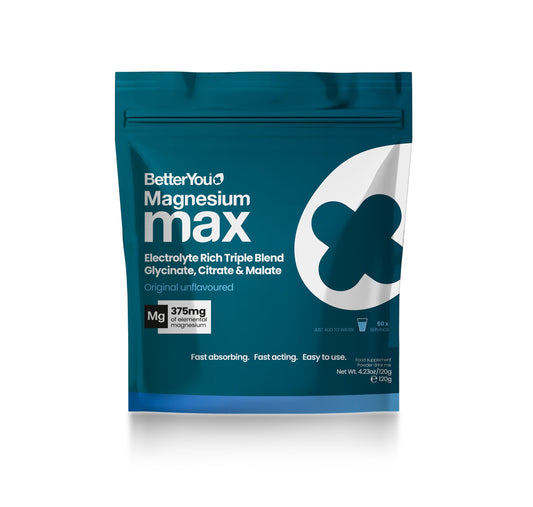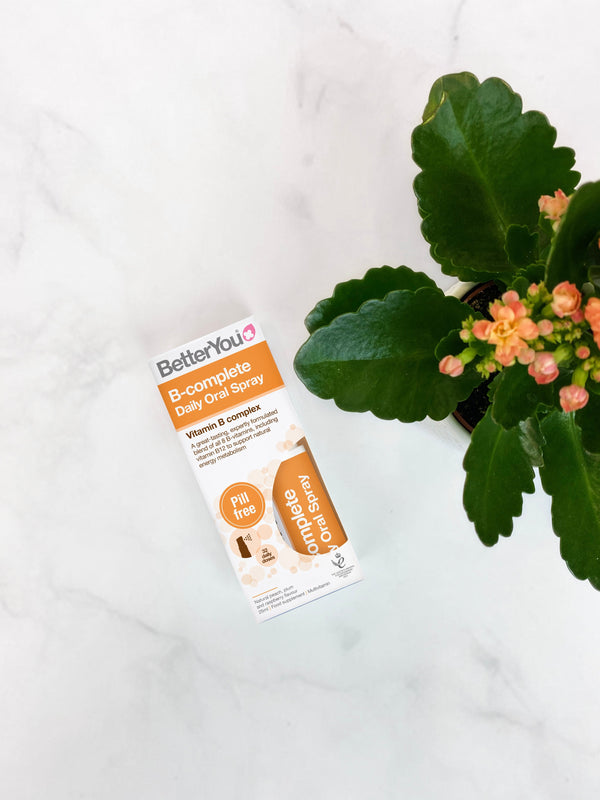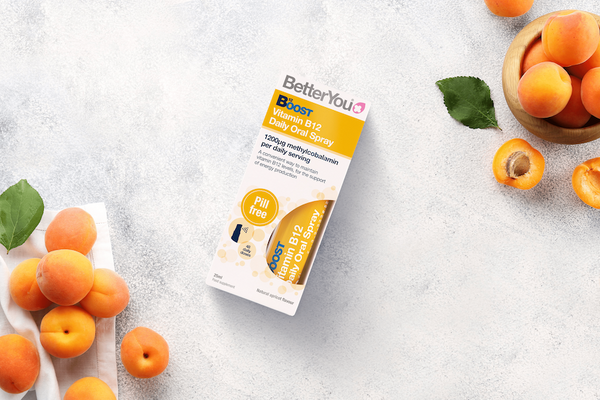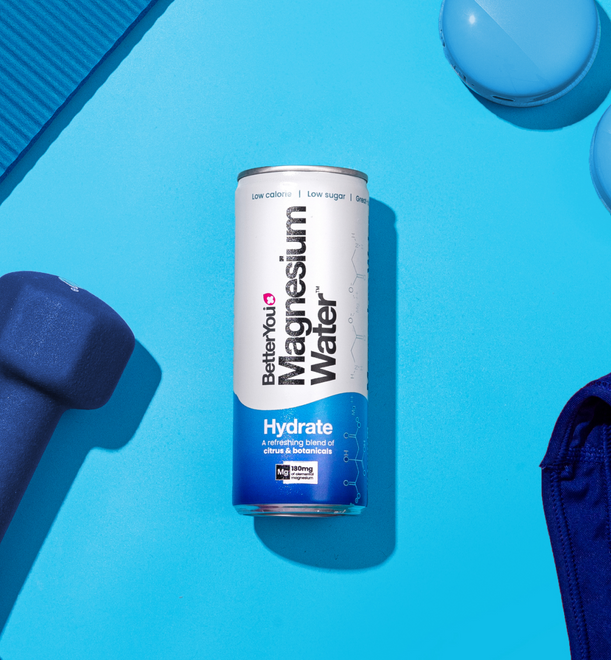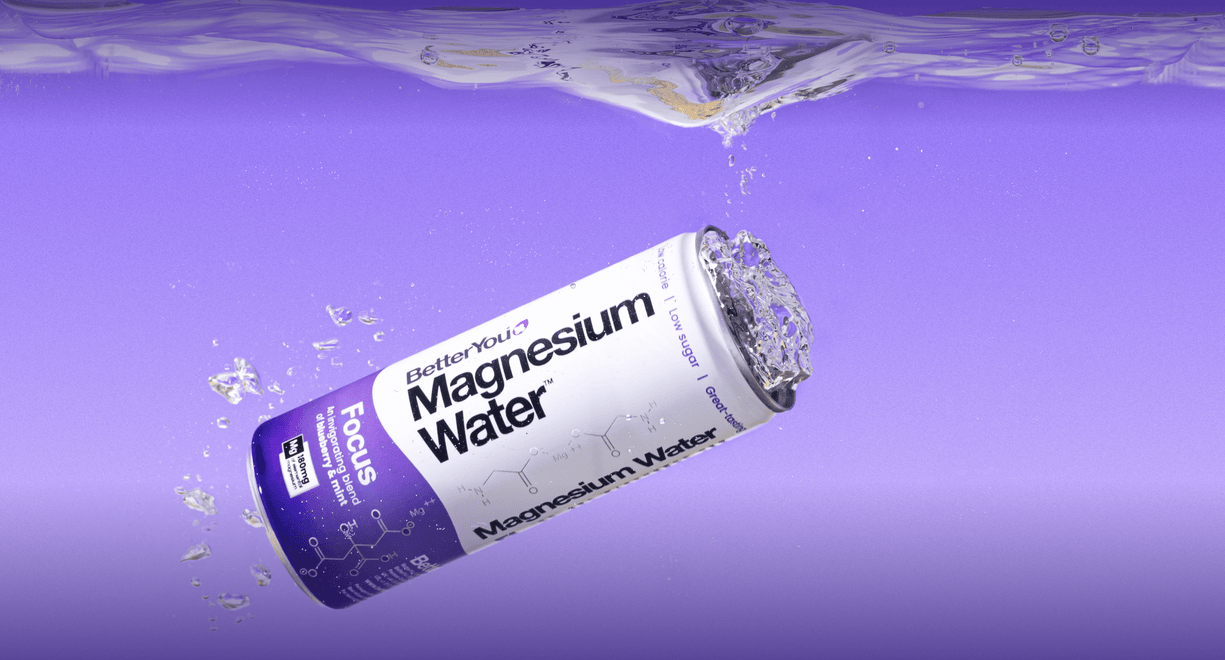What is Pernicious Anaemia?
Pernicious Anaemia occurs when the patient is unable to absorb Vitamin B12 from food. This essential vitamin is present in all animal products (meat, fish, dairy) and, rather surprisingly, laverbread (seaweed).
Vitamin B12 is necessary to produce healthy red blood cells that are responsible for carrying oxygen throughout the body. Symptoms of the disease include:
- continual tiredness
- confusion
- memory loss
- mood swings
- erratic behaviour
Left untreated causes irreparable damage to the central and peripheral nervous system.
What causes pernicious anaemia?
Normal healthy individuals will produce a protein in their stomach called intrinsic factor. Intrinsic factor binds with any swallowed animal product and extracts from it the Vitamin which is then carried away into the final part of the small intestine, the Ileum.
Patients who have Pernicious Anaemia will produce an antibody in their stomach that neutralises any intrinsic factor that they have produced – the intrinsic factor antibody. And because they produce the antibody Pernicious Anaemia is classed as an autoimmune disease because the body is producing something that is alien to it.
Because the patient cannot absorb B12 from any food then he or she must receive ‘artificial’ B12 as replacement therapy.
Pernicious Anaemia used to prove fatal (that’s what ‘pernicious’ means), but in the 1920’s it was found that giving patients large amounts of liver meant that the patient could be kept alive, though his or her quality of life was compromised.
In the late 1940s, artificial B12 was produced and this was injected into the patient’s muscles at regular intervals. That is still the way in which Pernicious Anaemia is usually treated today.
Some countries have introduced large dose B12 tablets in the hope that some of the oral B12 will make its way into the bloodstream via the digestive system but injections are still the preferred treatment method as they bypass the Ileum.
Treating Pernicious Anaemia
Over the past five decades, the length of time that patients have to wait before receiving their injections has gone from once a month to once every three months. And while some patients manage perfectly well on an injection every twelve weeks, most of the members of the Pernicious Anaemia Society feel a return of their symptoms long before their injection is due.
Some doctors will happily sanction more frequent injections though most will not, leaving the patient having to struggle to cope with the symptoms for weeks maybe months before their next replacement therapy injection.
This is where vitamin B12 supplements can help. Many members of the Pernicious Anaemia Society use BetterYou's Boost B12 Oral Spray to keep their B12 levels ‘topped up’ between injections. Because the spray is so potent (one spray is equal to 12,000% of the recommended daily intake) and because it enters the bloodstream straight away via a membrane under the tongue, it should elevate the patient’s B12 status.
I say should, because although there have been positive outcomes to laboratory-based trials into the absorption, more human trials are required.
Efficacy
Some users rely on the spray to get them through everyday life before their next injection, while others feel no benefit. Nobody knows why some patients still experience the worst symptoms of any deficiency even though their B12 status is high or very high.
What is known is that it is impossible to overdose on B12 as it is a water-soluble vitamin and any excess is excreted in the urine. If patients are struggling between injections, then using the spray should help.
Warning
You should never use the spray as a substitute for your injections. It should only be used to supplement your treatment and then only with the consent of your doctor. As always your doctor is the best person to advise you on using the spray.
